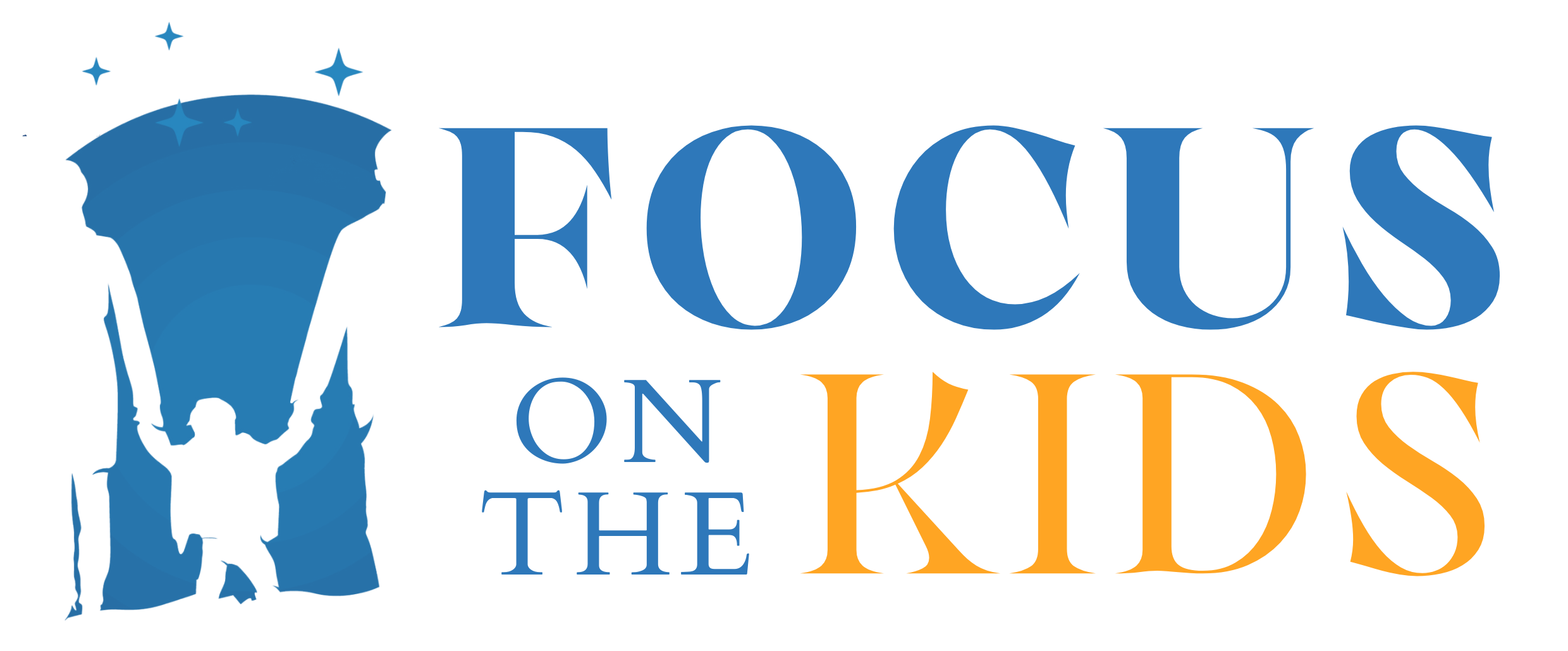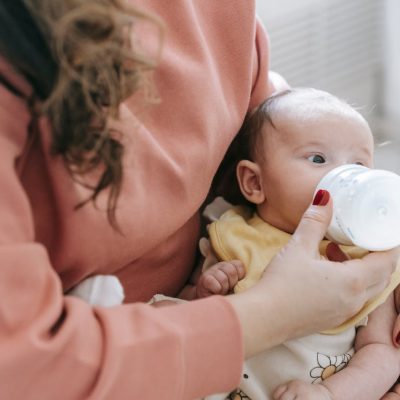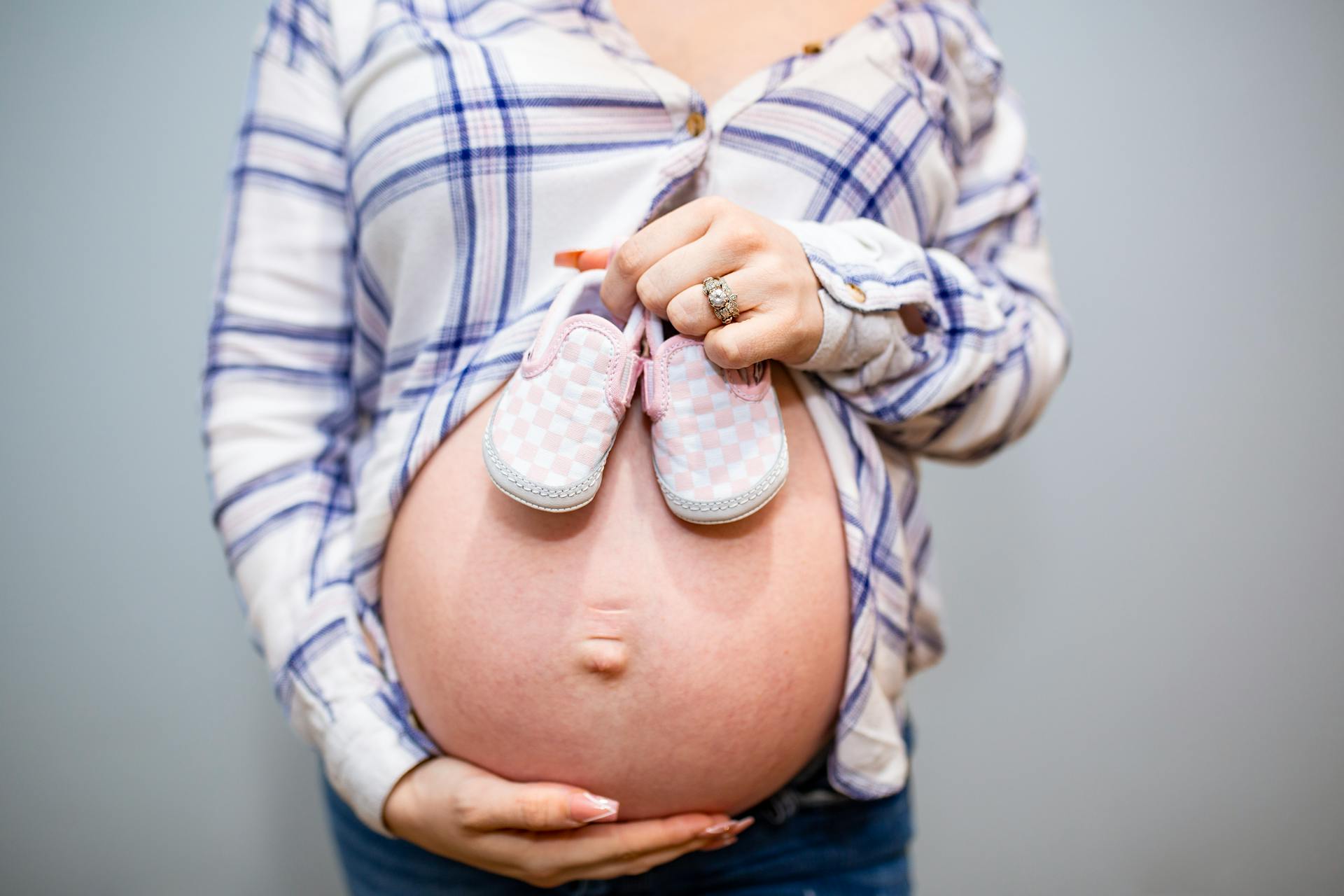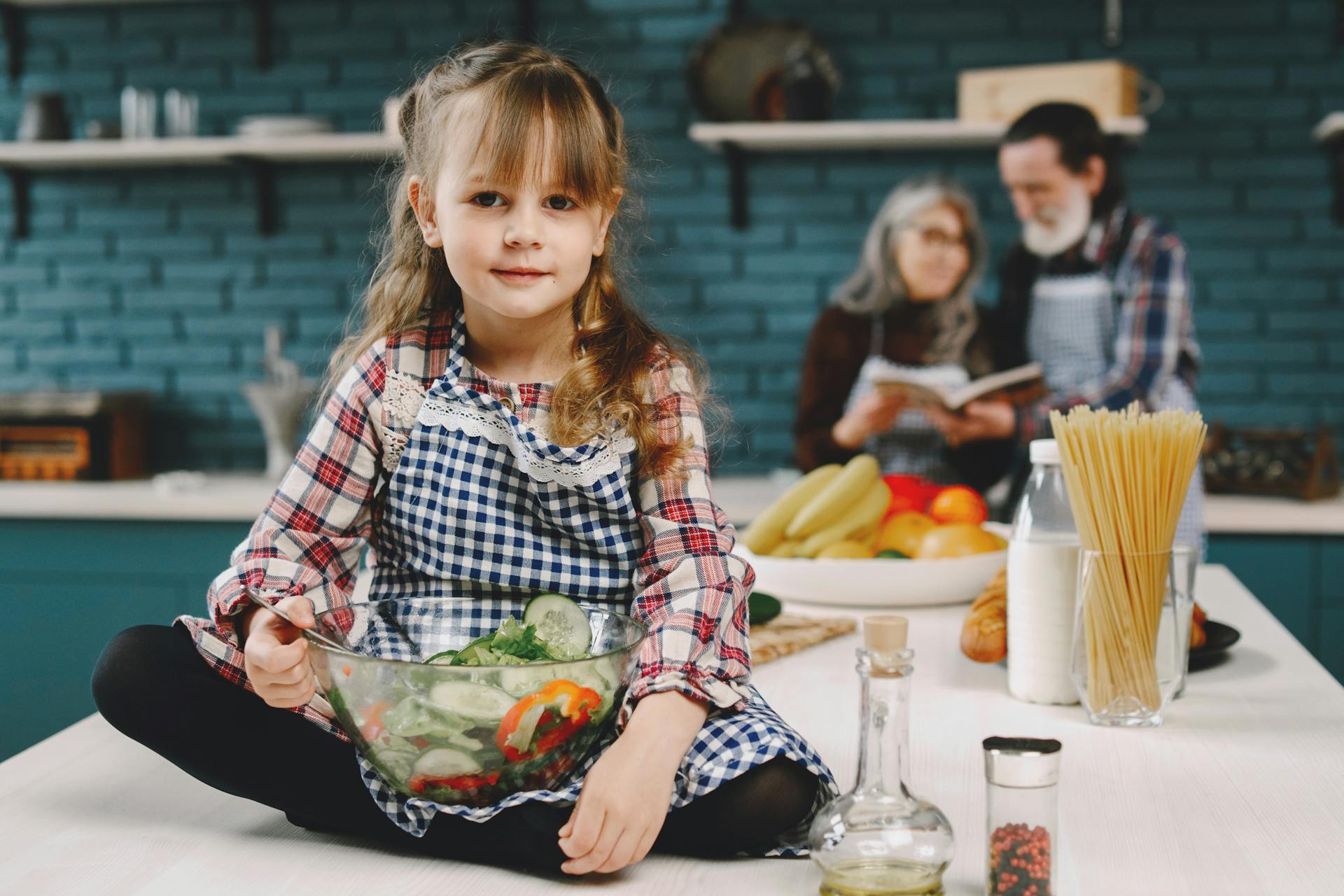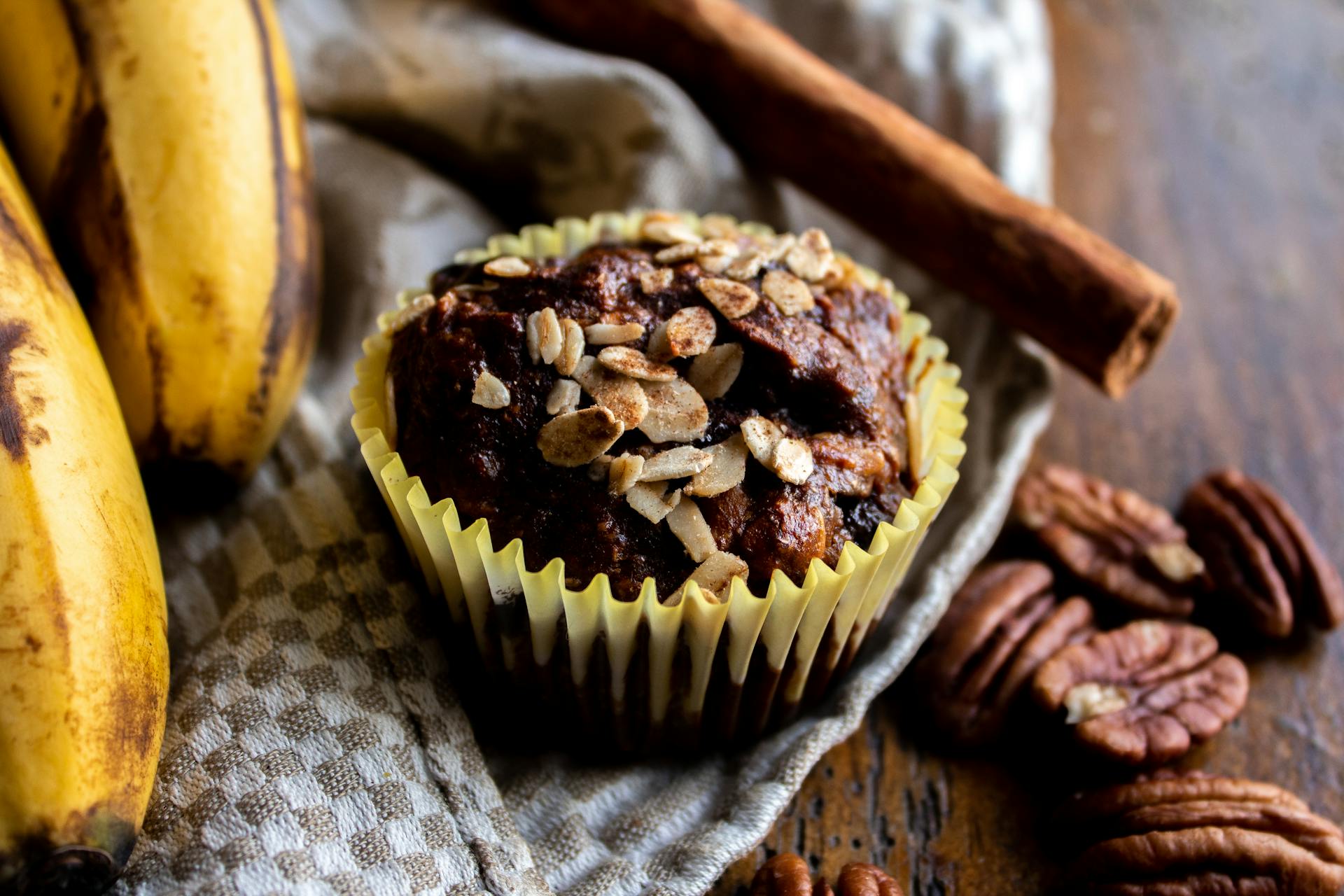Proper nutrition is essential during pregnancy to support the health of both the mother and the growing baby. Eating a well-balanced diet rich in essential nutrients helps ensure a healthy pregnancy and can reduce the risk of complications. In this article, we will explore the good food for pregnant woman, their benefits, and how to create a nutritious meal plan.
Importance of Nutrition During Pregnancy
During pregnancy, a woman’s body undergoes significant changes that require increased nutrient intake. Proper nutrition supports fetal development, prevents birth defects, and helps the mother maintain her own health. Essential nutrients like folic acid, iron, calcium, protein, and omega-3 fatty acids play crucial roles in pregnancy.
Key Nutrients and Their Best Food Sources
1. Folic Acid
Folic acid is essential for preventing neural tube defects in babies. The best sources of folic acid include:
- Leafy greens like spinach and kale
- Legumes such as lentils and chickpeas
- Citrus fruits like oranges
- Fortified cereals and whole grains
2. Iron
Iron helps in the production of red blood cells, reducing the risk of anemia. Pregnant women need about 27 mg of iron daily. Good sources of iron include:
- Lean meats such as chicken and beef
- Spinach and other dark leafy greens
- Beans and lentils
- Fortified cereals
- Dried fruits like apricots and raisins
3. Calcium
Calcium is necessary for the development of strong bones and teeth in the baby. The recommended intake is 1,000 mg per day. Best sources of calcium include:
- Dairy products like milk, yogurt, and cheese
- Tofu and fortified plant-based milk
- Leafy greens such as bok choy and collard greens
- Almonds and sesame seeds
4. Protein
Protein is vital for the growth and development of the baby’s organs and tissues. Pregnant women should aim for about 75-100 grams of protein per day. Protein-rich foods include:
- Lean meats and poultry
- Fish with low mercury levels (salmon, cod, tilapia)
- Eggs
- Dairy products
- Legumes and nuts
5. Omega-3 Fatty Acids
Omega-3s are important for brain and eye development in babies. The best sources of omega-3 fatty acids include:
- Fatty fish like salmon and sardines
- Chia seeds and flaxseeds
- Walnuts
- Omega-3 enriched eggs
Healthy Meal Plan for Pregnant Women
Breakfast Ideas
- Scrambled eggs with whole wheat toast and a glass of milk
- Oatmeal with nuts, seeds, and sliced bananas
- Greek yogurt with fresh berries and a drizzle of honey
Lunch Ideas
- Grilled chicken salad with avocado, spinach, and olive oil dressing
- Lentil soup with whole grain bread
- Brown rice with grilled salmon and steamed vegetables
Dinner Ideas
- Quinoa and black bean stir-fry with bell peppers
- Baked sweet potato with cottage cheese and steamed broccoli
- Whole wheat pasta with lean ground turkey and tomato sauce
Healthy Snacks
- Hummus with carrot and cucumber sticks
- Handful of almonds and walnuts
- Cottage cheese with sliced peaches
Foods to Avoid During Pregnancy
While eating healthy is crucial, some foods should be avoided to prevent health risks.
- Raw or undercooked seafood, eggs, and meat: May contain harmful bacteria.
- Unpasteurized dairy products: Can lead to infections.
- High-mercury fish: Avoid swordfish, king mackerel, and shark.
- Processed and junk foods: Often high in unhealthy fats and sugar.
- Caffeine and alcohol: Limit caffeine intake and avoid alcohol entirely.
Hydration During Pregnancy
Staying hydrated is just as important as eating well. Pregnant women should drink at least 8-10 glasses of water daily. Herbal teas and fresh fruit-infused water can also help maintain hydration.
Conclusion
Eating nutritious food for a pregnant woman is crucial for the health of both the mother and the baby. By focusing on nutrient-rich foods, maintaining hydration, and avoiding harmful foods, expectant mothers can ensure a healthier pregnancy and a better start for their child. Always consult a doctor or nutritionist for personalized dietary recommendations.
